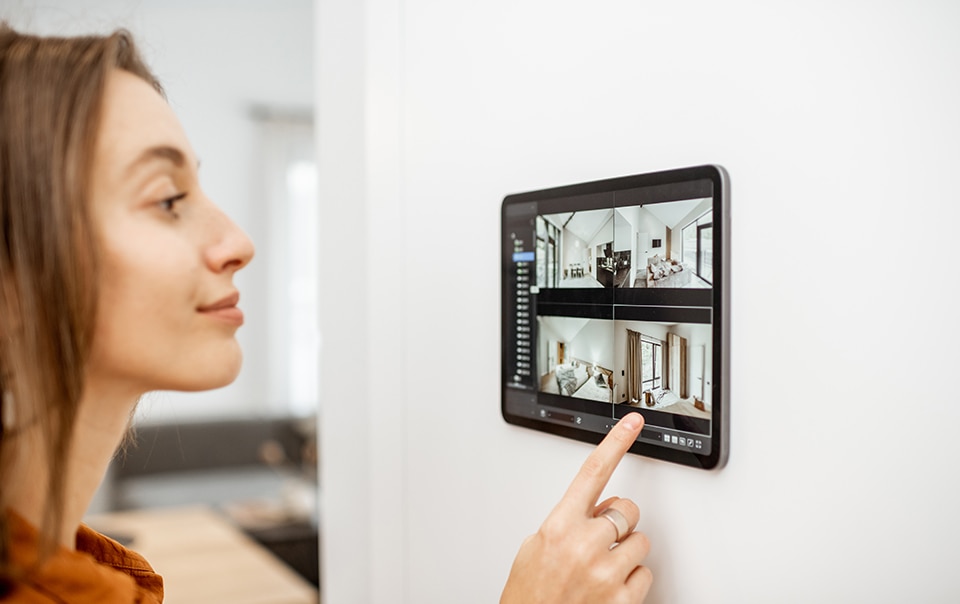Smart homes are becoming increasingly popular today, and it is hard not to see why. These homes provide convenience but also have specific security risks. Every new gadget you introduce to your smart home is another way to increase the chances of a hack.
Homeowners can secure their property by locking their routers and looking after the appliances on their property. You can also consider using a high-quality pyroelectric detector to protect you and your loved ones.
Below, we discuss how to protect your smart home from attacks.
Begin with the Router
Most smartphone devices need a strong internet connection to function correctly. Even though not all devices connect to the internet directly, your router is the most significant vulnerability in your smart home.
The first step in protecting your smart home is to secure your router. Homeowners should change their passwords often, update their firmware, and enable encryption for the best results. It is also advisable to use a complicated password to prevent easy access by hackers.
Use Unique Passwords on Every Device
Most smart home gadgets need strong passwords during setup, which mainly entails creating user accounts after downloading certain apps. Every account you develop should have a complex and unique password to avoid the risk of a security breach.
Homeowners can consider using password managers and other services that help them remember complicated passwords.
Update Your Gadget’s Firmware
It is advisable to update your device’s firmware often. Firmware is essential software put into your hardware, and it determines its capabilities and hardware. The main reason you should conduct frequent maintenance is that manufacturers patch them frequently after detecting problems.
Generally, homeowners can update most devices using an application. However, you should replace your installed device if the manufacturer no longer supports it.
Use Two-Factor Authentication
Two-factor authentication is an additional security layer beyond the primary password. This authentication enables homeowners to provide further identity proof, mainly in the form of a code.
Unfortunately, most smart homes do not provide two-factor authentication, but things are starting to change. Security cameras need this authentication the most, and you should ensure you update them regularly.
It is also advisable to authenticate the applications associated with your smart gadgets whenever possible to ensure that only you can control them.
Buy from Renown Companies
Many smart devices plugin online and offline; some are popular within the market, while others are not. Remember, most smartphone devices are used to communicate with cloud servers, which is why you should only buy from renowned companies.
Besides security, another issue with buying these gadgets is that they might stop working over time, and the company might disappear. Buying from a popular organization does not mean it will not happen, but you might enjoy a warranty for a certain period.
Avoid Public WI-FI
As you are warned against checking your account balance using public Wi-Fi, the same applies in a smart home. Homeowners are cautioned against accessing their property using public Wi-Fi, as it makes them prone to whoever is watching.
Instead, it would be helpful to consider using gadgets with LTE or a VPN for a safe connection.
Split the Network
Research has stated that the laptop and fridge should not be stored in the same room to avoid breaches. It is advisable to keep sensitive and private data away from IoT devices to prevent any compromise.
Also, you can achieve this by putting your gadgets on different networks. Most routers allow users to create an extra guest network, which can be incorporated with smart devices. This move clears browsing bandwidth and separates your essential data from IoT data.
Monitor Your Network
You can easily monitor your Wi-Fi if you constantly worry about your security. For instance, you can use the Wireless Network Watcher to see all connected devices. However, you should invest in a comprehensive site for ultimate protection from network vulnerabilities.
Final Thoughts
Smart homes have become increasingly popular in recent years, and it is hard not to see why. These homes are convenient and have excellent features of a modern home. However, their main downside lies in security.
Homeowners must consider the above points to improve their property’s security and check other tips online. Kindly contact us for the best pyroelectric detector rates.


![How to Resolved [pii_email_7c62c0f0baa6e641ea9a] in 2021?](https://i.ibb.co/n3ykm5J/Error-code-pii-email-cbd448bbd34c985e423c.jpg)
